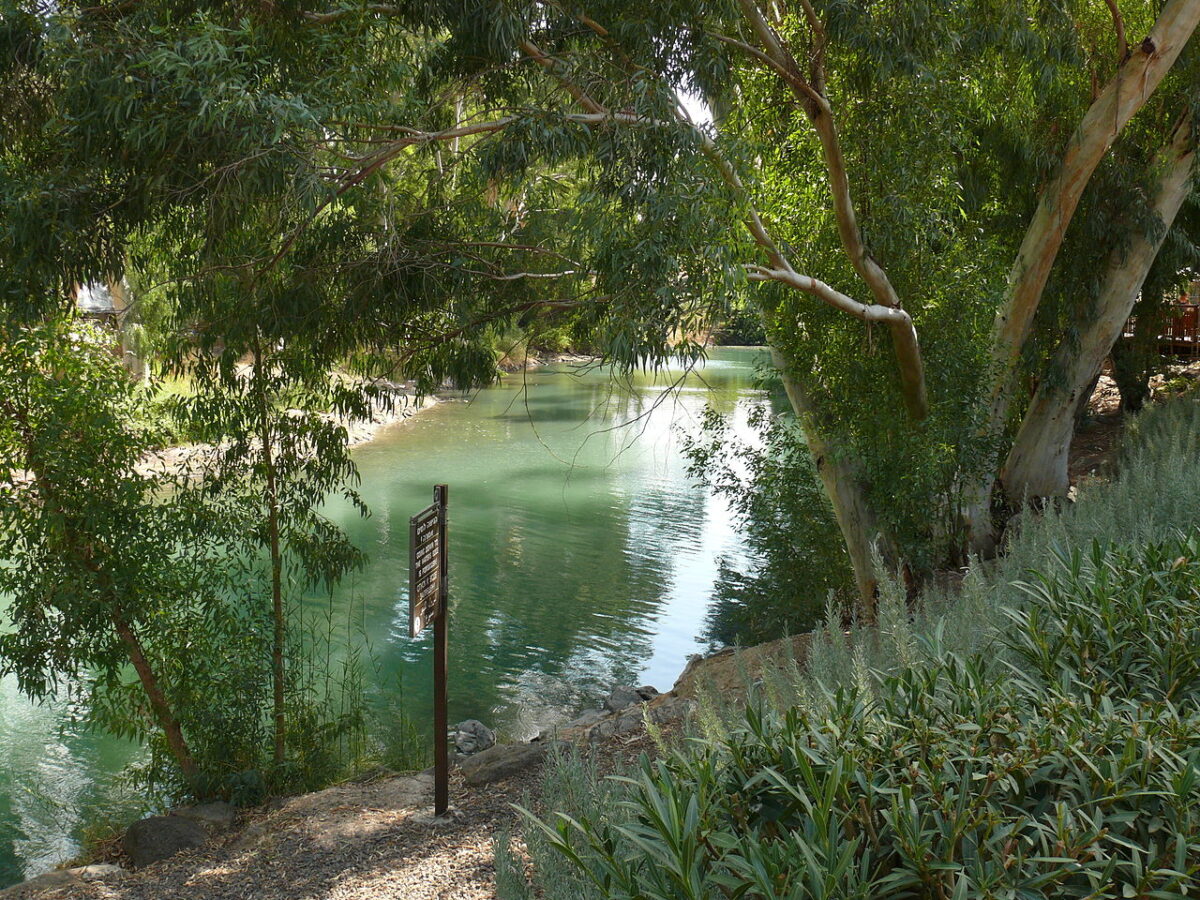EcoPeace Middle East, a unique regional organization, is trying to create what its Israeli co-founder describes as a “coalition of the willing.”
Gidon Bromberg, whose project-oriented, non-governmental organization brings together Israeli, Palestinian and Jordanian environmentalists, seeks to advance sustainable regional development to advance lasting peace between Israel, Jordan and the Palestinian Authority.
“We’re using the environment as an entry point to promote regional integration and a two-state solution,” he said at a recent webinar sponsored by Canadian Friends of Peace Now.
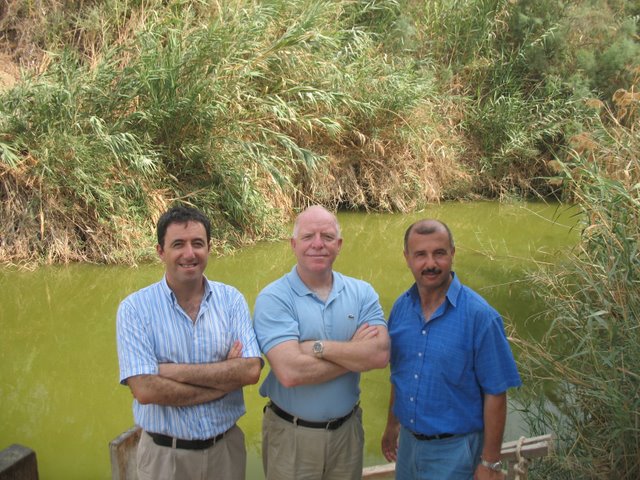
Calling the Middle East the world’s most arid area, Bromberg said that water scarcity has the potential to trigger conflicts.
Much to his regret, this issue is not being directly addressed by Israel and the Palestinian Authority due to the collapse of their peace talks, which broke down in 2014.
Warning that climate change threatens the Middle East, he pointed out that autumn and winter rainfall is expected to decline by 40 percent by the middle of this century. This could bring catastrophic results because the region is so reliant on these annual rains.
Bromberg, who has been Israeli director of Eco-Peace Middle East for the past 25 years, said that regional cooperation is necessary to preserve three shared eco-systems.
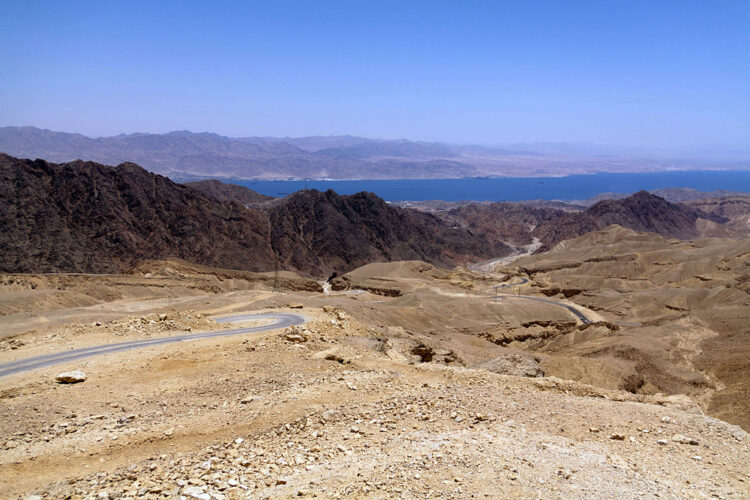
They are the Jordan River basin, a major source of fresh water; the Gulf of Aqaba, a very sensitive eco-system which sustains a remarkably beautiful coral reef, and the Dead Sea, the saltiest non-shallow body of water and the lowest point on the planet.
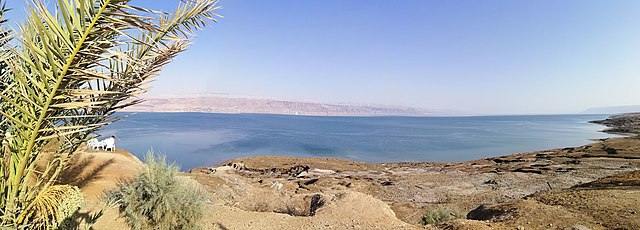
Many of Eco-Peace Middle East’s projects revolve around these eco-systems.
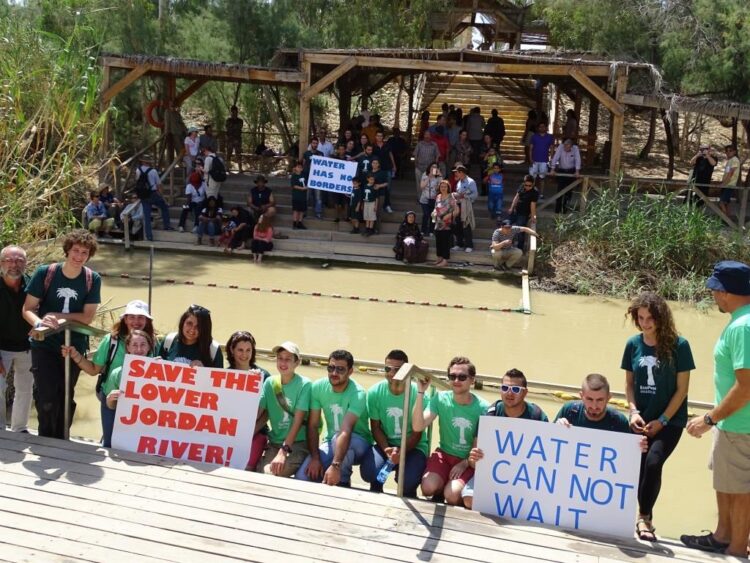
By Bromberg’s reckoning, the Jordan River south of the Sea of Galilee is in dire need of rehabilitation. Sewage and runoff from fertilizers have polluted the river, while widespread diversions have reduced its flow, contributing to the shrinkage of the Dead Sea.
The river can be restored to health, but this would require a unified effort by Israel, Jordan and the Palestinian Authority, he said.
If the river is cleaned up, more Christian pilgrims would visit, bringing a measure of prosperity to the economically-depressed Jordan Valley.
He added that almost all the streams between Israel and the West Bank — the Alexander, the Kishon, the Ariel and the Hebron — are polluted to one degree or another.
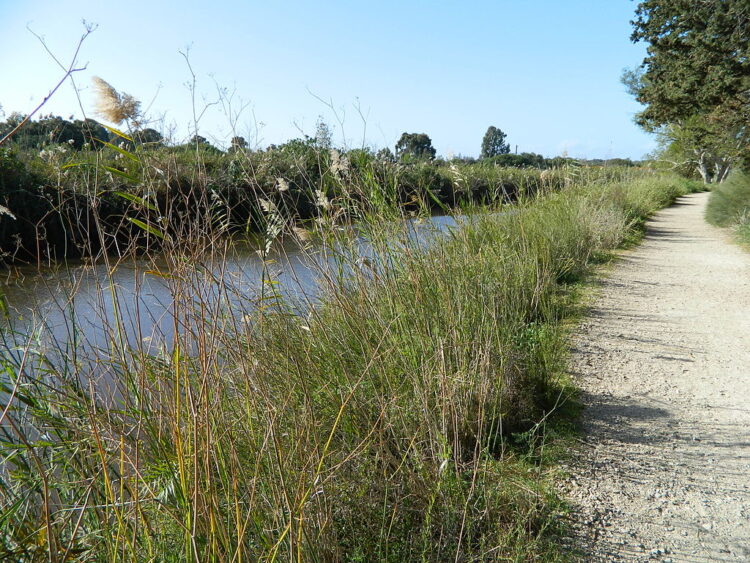
Eco-Peace Middle East, with offices in Tel Aviv, Ramallah and Amman and a paid staff of 60 supported by hundreds of volunteers, was founded in December 1994.
For the first time, Israeli, Palestinian and Jordanian environmentalists agreed to join forces to promote the integration of environmental issues into the region’s development agenda.
Among the issues it focuses on today are sustainable water use, water privatization and the development of renewable energy.
This past January, Eco-Peace Middle East released a “Green Blue Deal” report to advance regional climate security in the face of looming challenges posed by climate change. It proposes harnessing the sea and the sun to power desalination plants.
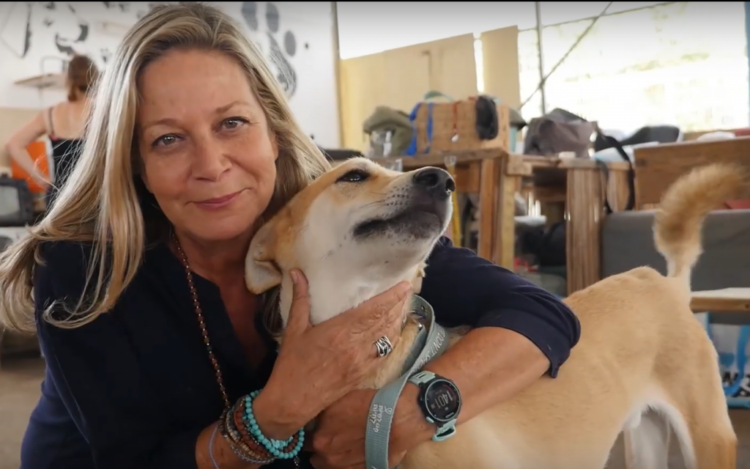
Its proposals were endorsed by Miki Haimovitch, the head of the Knesset’s environment committee; Shaddad Ali Atili, a minister in the Palestinian Authority, and Marwan al-Raggad, the Jordanian executive director of the Inter-Islamic Network on Water Resources Development and Management.
Bromberg said that five desalination plants in Israel currently produce 600 million cubic meters of water annually, or 70 percent of Israel’s supply of drinking water. Advising the Israeli government to continue investing in such plants, he predicted they will yield more than one billion cubic meters of water in the years ahead.
He acknowledged that desalinated water has two drawbacks. It lacks magnesium, which can be obtained from other sources. And it produces brine, which could have an adverse impact on the Mediterranean Sea.
A lawyer by profession and a graduate of Monash University in Australia, Bromberg has written extensively on the relationship between water issues and peace in the Middle East. He has delivered presentations before the United Nations Security Council, the UN Climate Summit, the U.S. Congress and the European Parliament.
